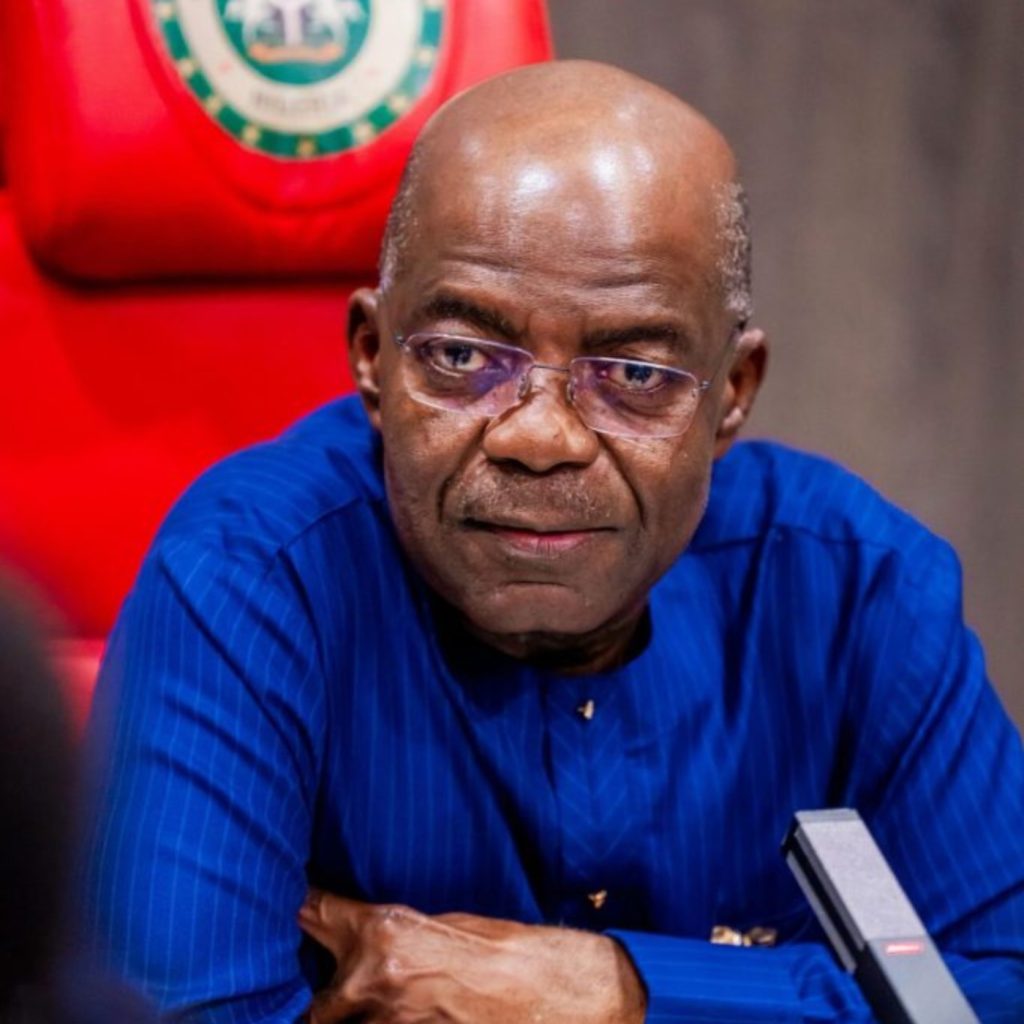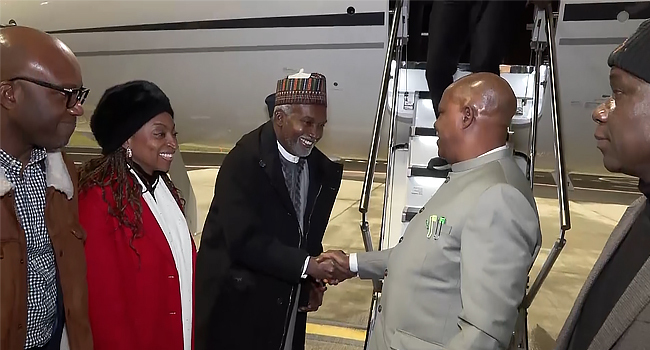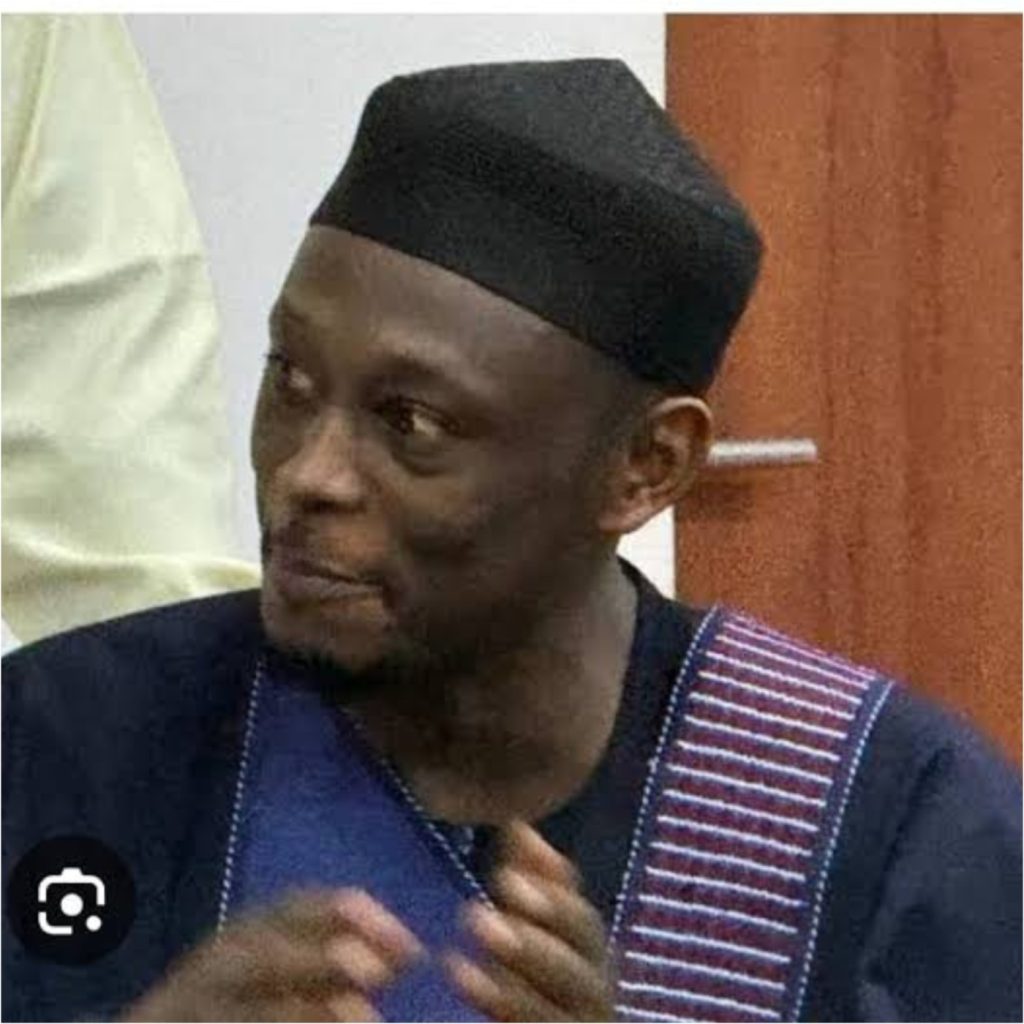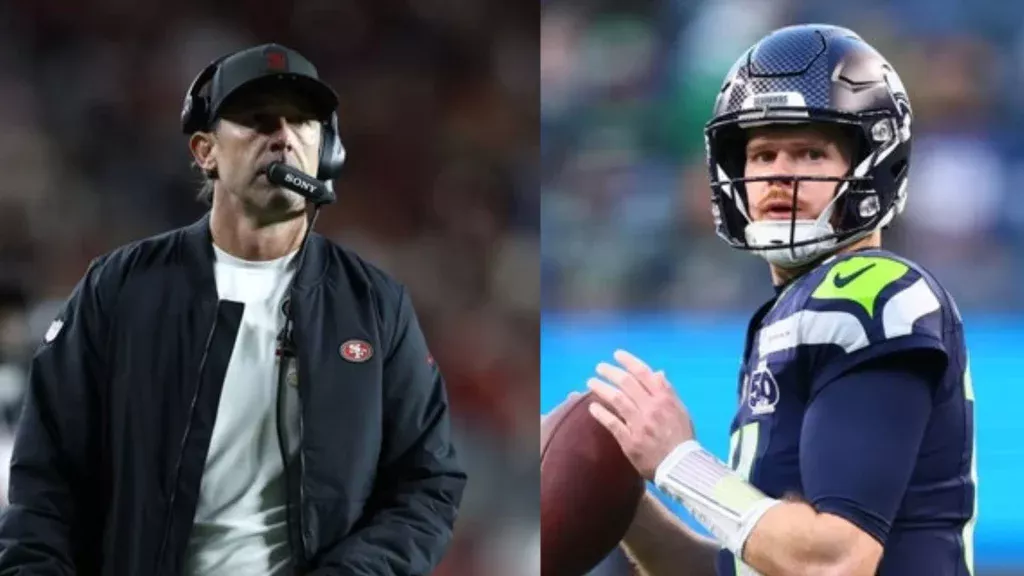As the vibrant season of spring unfolds, all eyes turn to Beijing, where a prestigious gathering of Western corporate leaders and investors is set to take place. This momentous event, known as the China Development Forum, is a beacon of global business diplomacy, drawing luminaries from across industries to engage in strategic dialogues and forge new partnerships.
Among the distinguished attendees expected to grace the forum are Tim Cook of Apple, Cristiano Amon of Qualcomm, Albert Bourla of Pfizer, Stephen Schwarzman of Blackstone, and Ray Dalio of Bridgewater Associates. These titans of industry converge in Beijing against a backdrop of intricate trade relations and geopolitical tensions, offering a unique insight into the evolving dynamics between Western corporations and China’s political elite.
This year’s forum holds particular significance as global markets experience fluctuations and trade disputes loom large on the horizon. The presence of key figures like Tim Cook and Ray Dalio underscores a shared commitment to fostering stable and productive relationships with China. Beyond mere ceremonial gestures, these meetings are pivotal for shaping future investments, trade policies, and the role of innovation in driving economic growth.
The reception of Western business magnates by China’s leadership serves as a litmus test for the country’s openness to international business. Against a backdrop of scrutiny over economic policies and global ambitions, China seizes the opportunity to showcase its dedication to economic reform and international cooperation. This event sets the stage for potential collaborations and partnerships with Western companies and investors, laying the groundwork for future engagements.
The outcomes of the China Development Forum carry weighty implications for global business and trade dynamics. Insights gained and relationships forged in Beijing will reverberate across corporate boardrooms and international policy circles, shaping investment strategies and economic relationships. This forum underscores the critical importance of dialogue and collaboration in navigating the complexities of our interconnected yet uncertain global landscape.
As we ponder the significance of this year’s China Development Forum, it becomes evident that the interactions between Western CEOs and China’s leaders transcend mere business dealings. They symbolize a nuanced dance of diplomacy, commerce, and mutual interest that defines the modern global economy. The world watches with bated breath, not just for the outcomes of these discussions, but for the broader implications they hold for the future of international trade and cooperation.



